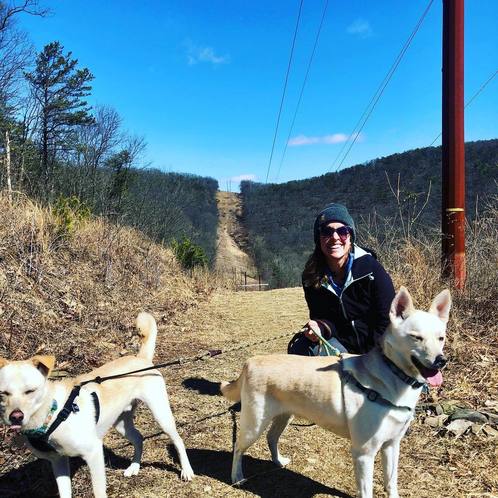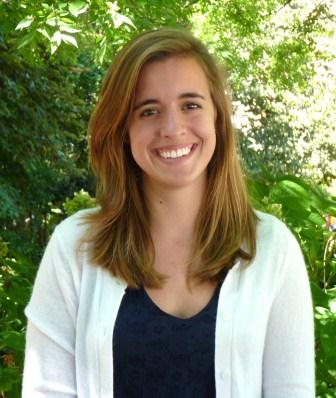JULIANN KOENIG
CAPSTONE
Capstone Project Committee: Karen Corneliussen, M.S., CGC; Martha L. Decker, M.D.; Sat Gupta, Ph.D.; Kristen H. Quinn, M.D.; Randi Stewart, M.S., CGC
Background: Education has been suggested as a strategy to increase non-genetics professionals’ knowledge of genetic testing and reduce potential harms. Research has indicated that genetic counselors may be an appropriate source of this education, but limited research has investigated their educational efforts.
Purpose: This exploratory study aimed to examine how genetic counselors employed by laboratories clinically offering non-invasive prenatal screening (NIPS) educate obstetricians about this testing, what tools obstetricians utilize to increase their knowledge, how well educated obstetricians feel, and if obstetricians feel any aspect of their knowledge is deficient.
Methods: An anonymous survey was distributed to National Society of Genetic Counselors (NSGC) members employed by laboratories offering NIPS. A second anonymous survey was distributed to obstetrician members of North Carolina Obstetrical and Gynecological specialty society. Open-ended responses were coded for themes. Quantitative data was analyzed using Fisher’s-exact, Mann-Whitney U, and Kruskal-Wallis analyses.
Results: Eighteen respondents completed the genetic counselor survey. The majority of genetic counselor respondents indicated they utilized one-on-one support and presentations to educate obstetricians, and the most frequently conveyed information included the nature of NIPS and implementing testing. Most participants indicated these educational efforts meet obstetricians’ needs but additional education is needed with a focus on the limitations and non-diagnostic nature of NIPS. Nineteen obstetricians participated in the study. Obstetricians most commonly used maternal fetal medicine specialists and genetic counselors to increase their knowledge. The majority of participants indicated they felt moderately to completely knowledgeable concerning NIPS and needed additional information to provide adequate counseling.
Discussion: Obstetrician participants’ knowledge of NIPS may be increasing, but additional education is needed to address obstetricians’ needs and ensure published guidelines are followed. Discrepancies exist between genetic counselors’ recommendations and obstetricians’ desires for future education. Communication between laboratory genetic counselors and obstetricians is needed to better address obstetricians’ educational needs.
Since Graduation

After graduating from the UNCG Genetic Counseling Program, Juliann moved to central Pennsylvania to take on clinical and research genetic counseling roles at Geisinger. For the past six years, Juliann has coordinated ClinGen patient data sharing efforts including GenomeConnect, the ClinGen patient registry, that enable patients to share their deidentified genetic and health information to inform our understanding of genetic variants. Juliann previously cared for patients in the Cancer Genetics Clinic and Autism & Developmental Medicine Institute at Geisinger before transitioning to a full time research role in 2019. In addition to patient data sharing, her current research interests include exploring the outcomes of returning actionable genomic results to biobank participants.
Juliann currently lives in central Pennsylvania with her husband and their two quirky dogs. In her free time, she enjoys hiking, kayaking, gardening, and cooking.
